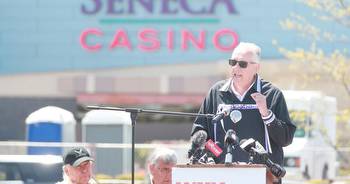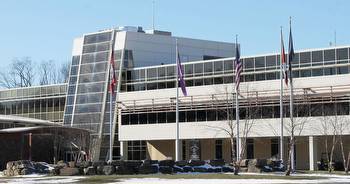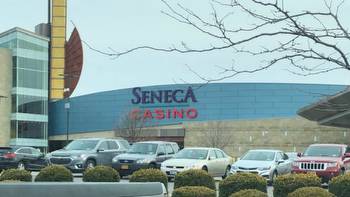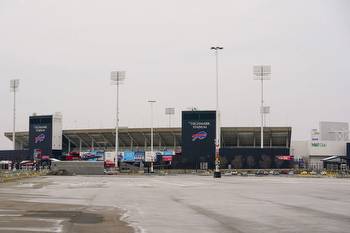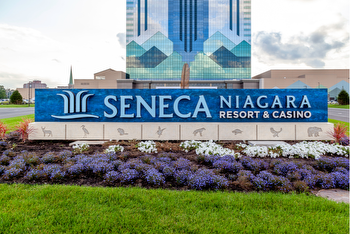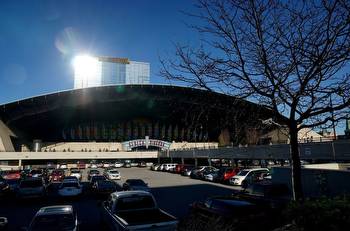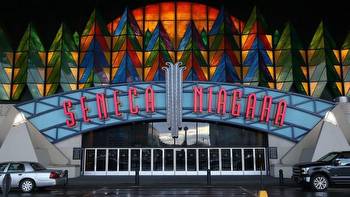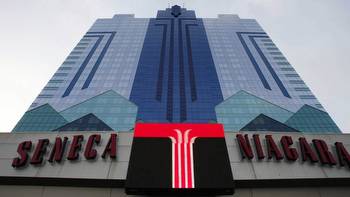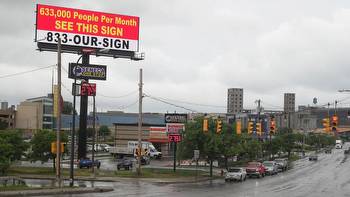Biden Administration steps into Seneca Nation’s casino payment dispute with the state
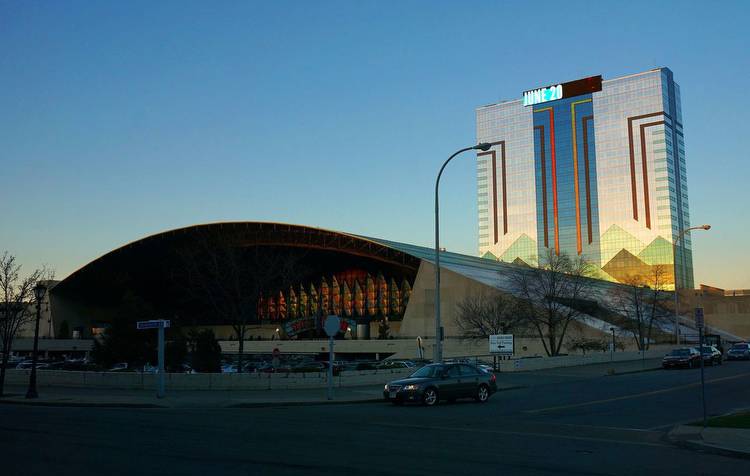
The Biden administration is launching a review of a four-year-old legal dispute that has led a Western New York Indian nation to stop making hundred of millions of dollars in casino revenue sharing payments to the state.
The Seneca Nation of Indians, which operates large Las Vegas-style casinos in Buffalo, Niagara Falls and Salamanca, stopped making the payments of roughly $100 million per year early in 2017. The total unpaid amount is now approaching $500 million, which would have been shared by the state and local governments that host the casinos.
The Senecas say their agreement to make the casino payments to the state expired at the end of 2016, but they have lost that argument in an arbitration decision and in subsequent federal court rulings.
Last week, the Senecas filed a motion to stop the most recent court order enforcing a seven-year extension of payment agreement beyond 2016 and requiring the Senecas to pay the money the state says it is owed.
That motion included a letter from an official at the U.S. Department of the Interior indicating the federal government questions the legality of extending the payment agreement.
“The (Interior) Department is concerned that a final judgment against the (Seneca) Nation could result in a violation of IGRA (the U.S. Indian Gaming Regulatory Act),” Bryan Newland, the Interior Department’s assistant secretary for Indian Affairs wrote in the letter that was addressed to the chairman of the National Indian Gaming Commission.
Newland referred the inquiry to the commission, a federal agency that oversees tribal gaming and enforces the Indian gaming act. The commission is now undertaking an investigation.
The Senecas operate their three casinos under an agreement, or compact, originally signed with the state in 2002. The compact gave the Senecas exclusive rights to run casinos in a 14-county region of western New York. In return, the nation pays the state 25% of the revenues it earns on slot and video lottery machines.
The dispute began in March 2017, when the Senecas announced they believed they were no longer obligated to make the payments.
The Senecas argued the terms of the original agreement requiring revenue payments ended 14 years from the original compact — or at the end of 2016. They made their last payment, $30 million covering the last quarter of 2016, in March 2017.
In an arbitration filing, the state disagreed, saying the payment agreement was revised by both sides in 2013. That automatically renewed the agreement for seven years starting in December 2016, the state said. That would keep the payments flowing through 2023.
The state won an initial ruling in its favor from an arbitration panel in 2019, and federal appeals courts have backed that up since then.
The loss of the casino revenues affects both the state budget and the finances of the local governments that share in the payments, including Erie, Niagara and Cattaraugus counties and the cities of Buffalo, Niagara Falls and Salamanca.
In statement given to the Buffalo News, the administration of Gov. Kathy Hochul said it opposes the Senecas’ attempt to draw the federal government into the matter.
It is “past time for the Nation to honor its obligations under the compact and the judgment,” the statement said. “The Nation has exhausted all of its appeals, the judgment is final, and the Nation’s efforts to manufacture an extrajudicial avenue for delay should not be used to circumvent the judgment or avoid its clear obligations to the state and the communities that will benefit from the Nation making their revenue sharing payment.”
Don Cazentre writes about Upstate NY casinos for NYup.com, syracuse.com and The Post-Standard. Reach him at dcazentre@nyup.com, or follow him atNYup.com, on or.









